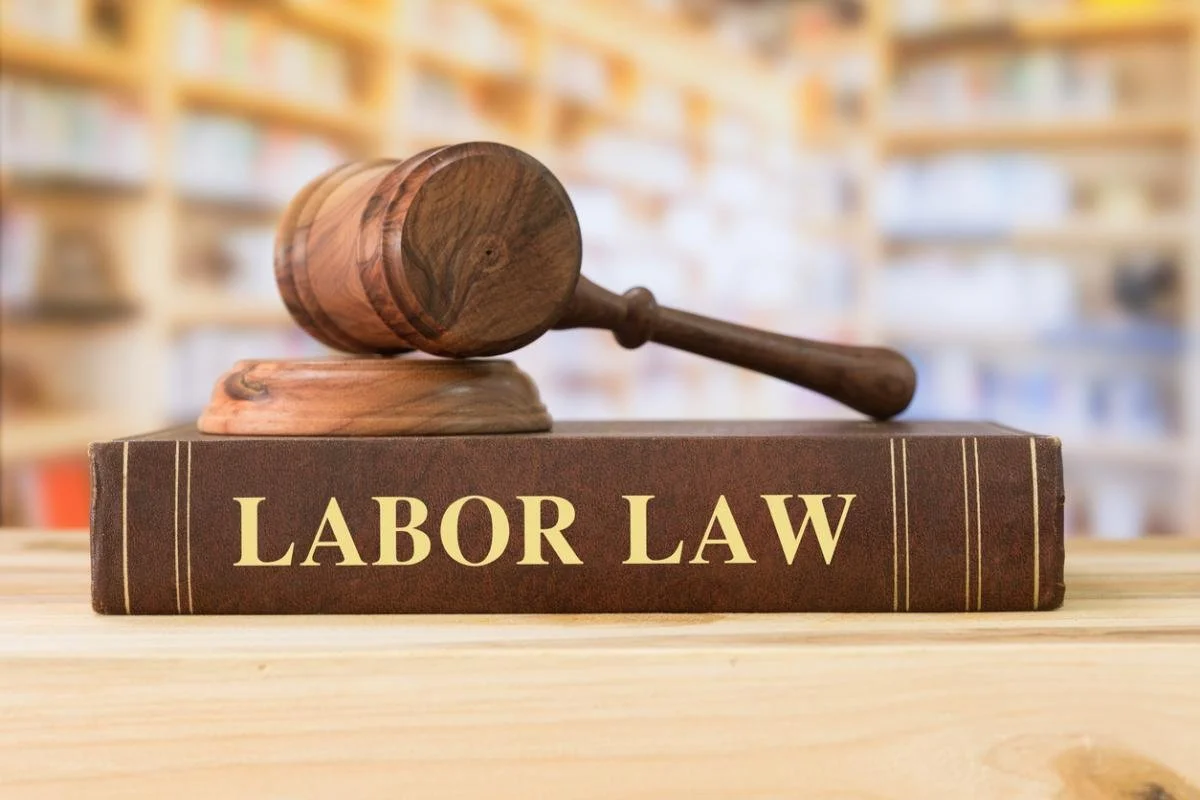Supreme Court to Review Nixed $90M Rest Break Verdict Handed Down by Appellate Court
/June 4, 2015 - A $90 million judgment against ABM Industries, Inc. was first overturned by an appellate court and is now to be reviewed by The Supreme Court of California. The judgment was handed down in response to a suit alleging that ABM Industries, Inc. kept a class of security guards “on call” during breaks. Appellate court held overturned the settlement on the grounds that California employment law doesn’t require that employers relieve workers of all their work duties while they are on break.
The damages award was vacated by appellate court in December 2014 and is now set to be reviewed by The Superior Court of California.
ABM Industries, Inc., a facilities management company, allegedly had a policy in place requiring that their security guards carry their radio during break times. This effectively left them on call even during their breaks/rest times employees claim is a violation of California labor law.
The three-judge appellate court panel supposedly voted unanimously to reverse the summary judgment ruling; vacating the $90 million award. The basis for their decision was that while they were required to keep their radios on during their breaks, they used the time to engage in non-work activities. They pointed out that the question at hand was whether or not being “on call” constitutes performing work and their conclusion was that it does not.
ABM feels that the claims that requiring their employees to carry radios during breaks constituted a failure to provide them with adequate rest breaks were “absurd.”
The case began in 2005 with claims made by lead plaintiff, Jennifer Augustus, that ABM’s policy requiring guards to carry radios during break times was in violation of California state’s Labor Code. In February 2012, the security guards filed for summary judgment requesting that Superior Court Judge John Shepard Wiley award approximately $103 million in damages in response to the allegations.
Judge Wiley’s response came in July 2012 when awarded the security guards $89.7 million in damages on account of improper breaks throughout the 10-year period addressed by the class action and including over 14,000 class action members (past and present ABM security guards).
ABM, of course, appealed Judge Wiley’s decision, claiming that it was unprecedented and in defiance of both law and reason. They also claimed that letting the ruling stand would end up crippling California companies without even providing any actual benefit to California employees. They claimed that, if upheld, the decision would force California employers to require that employees take their rest breaks outside of work sites and without their own personal cell phones.
The question quickly became one of differentiation between meal breaks and rest breaks and which labor codes applied in which instance. In December, the panel noted that the state’s Industrial Welfare Commission wage order that covers rest breaks did not actually include reference to requiring that employees be “relieved of all” work duties. This in comparison to the section covering meal breaks where it was covered. They concluded that the IWC knew what they were doing when they differentiated between the two. As of January, plaintiffs in the case were still debating their options and planning their next move in regards to the case.
If you need additional information on how to respond to workplace requirements regarding meal times, rest breaks and relief from work duty; contact the southern California employment law attorneys at Blumenthal, Nordrehaug & Bhowmik.



